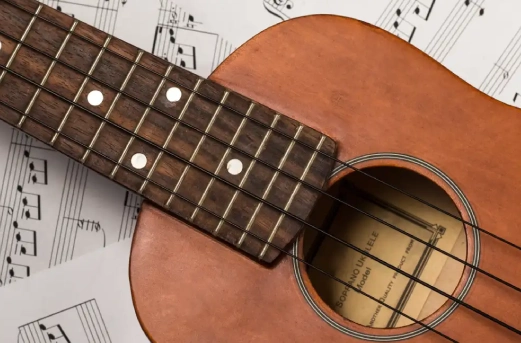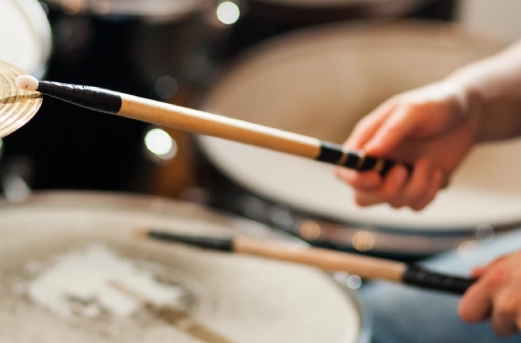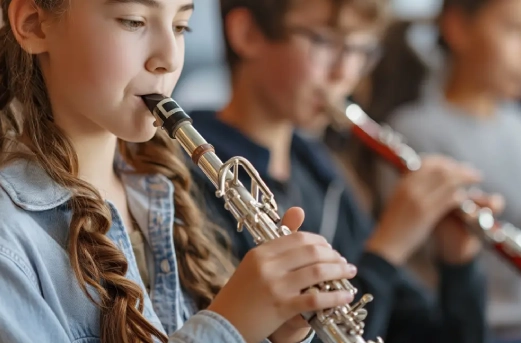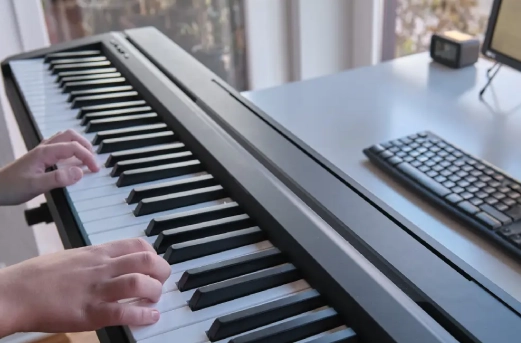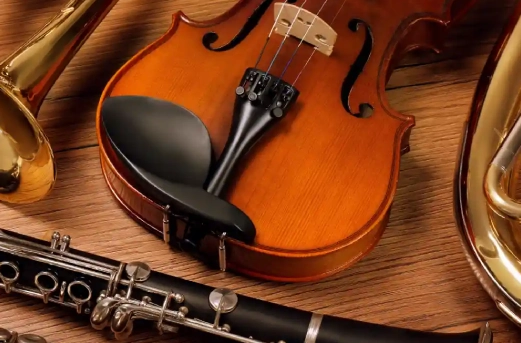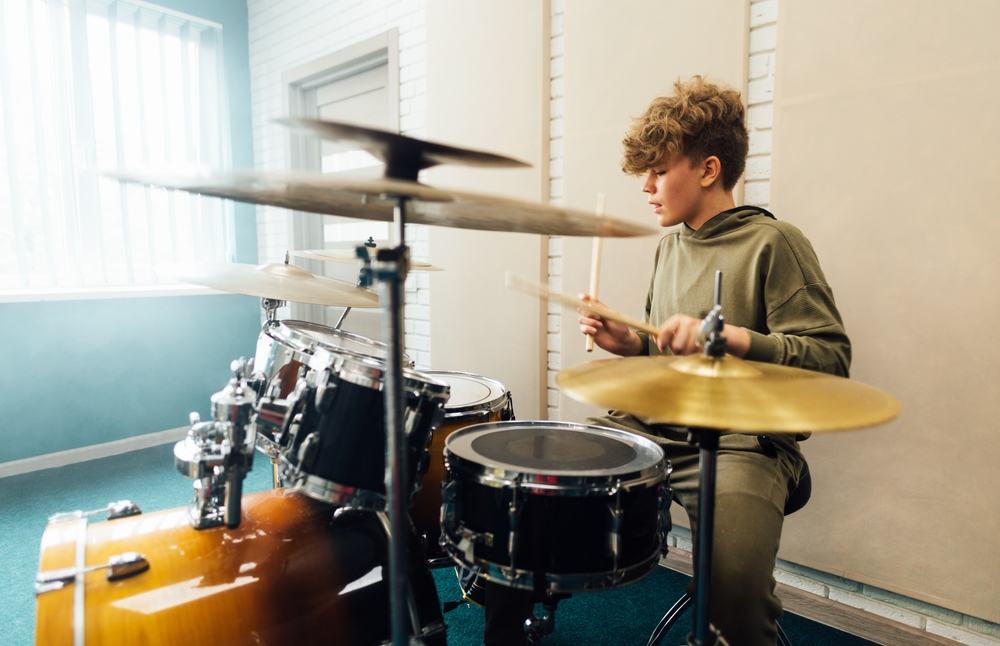Below, we’ll explore how drumming classes can help you gain better rhythm and coordination while enhancing your life in many other ways. Read on to learn more!
Why Rhythm and Coordination Matter
Rhythm plays an integral role in bringing our favourite tunes to life. As the foundational beat that drives songs along and helps define the final performance, having a good sense of rhythm is essential for musicians of any skill level. Learning the drums is one of the best ways to gain an intimate understanding of the different factors that inform following and creating rhythm. It also helps establish a skillset that you can continue to refine over years of practice.
Coordination is a core element of rhythm, especially for drummers, who must be able to move their hands, arms, and legs fluidly to keep driving sound forward properly. The better your coordination, the better your ability to keep rhythm will be, and the stronger your musical foundation will become.
How Drum Lessons Develop Rhythm
Drum lessons help students develop their rhythm skills in a variety of ways, including:
Understanding Fundamental Beats and Patterns
One of the first things you’ll focus on in drum lessons is learning fundamental beats and patterns, which form the building blocks for more complex drumming techniques. As you develop your sense of timing and learn how to keep a steady beat, you’ll gain an internal sense of rhythm that helps you become more comfortable with different tempos and time signatures that inform various types of music.
Counting and Subdivision
Following fast-moving, intricate rhythms can be tricky at first, but teaching students how to subdivide beats into smaller units (for example, time signatures like 4/4, ¾, or 6/8) makes it easy for learners to approach complex patterns and learn how to maintain consistent timing.
Playing Along with Music
Rocking out to your favourite music on the drums isn’t just fun; it’s a great way to hone your sense of rhythm! Instructors will help students understand how their drumming fits into the overall musical context of a song and their role in delivering a cohesive percussive beat that allows the rest of the instruments to follow along and play their part.
How Drum Lessons Enhance Coordination
Drumming is highly beneficial for enhancing coordination by:
Developing Hand and Foot Independence
Drumming requires the consistent use of both hands and feet independently, which demands excellent fine motor skills. Taking lessons early on in life can be particularly beneficial for kids as it boosts their already growing skills and creates a strong foundation as they continue to develop their motor skills by hitting bass drums, hi-hats, and snares while also learning how to control the pressure they use while playing to get their desired sound.
Cross-Body Movements
Many drumming exercises involve cross-body movements, where one limb crosses over to the other side of the body to effectively use the entire kit while playing. These movements help encourage a stronger connection between the brain’s hemispheres and improve overall coordination in the long term.
Life Long Benefits
In addition to honing their rhythm and coordination, drummers gain plenty of other benefits from honing their craft, including focus and discipline, confidence and self-esteem, and a valuable form of self-expression that helps lower stress and encourage a healthier, happier lifestyle!
Discover your inner drummer and reap the benefits of bringing more musicality and coordination into your life today! Contact our team to learn more about drumming lessons with Musicworks Canada!
Grow Your Inner Musician Today!
Discover your inner drummer and reap the benefits of bringing more musicality and coordination into your life today! Contact our team to learn more about drumming lessons with Musicworks Canada!








